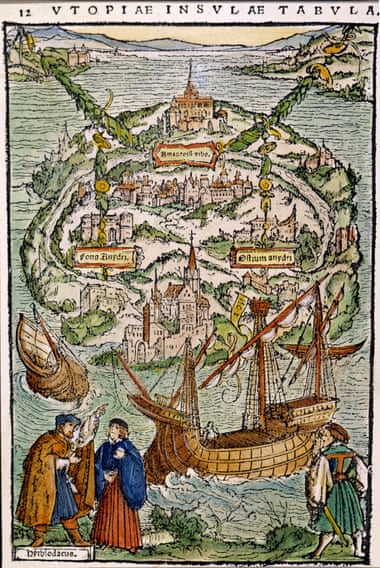This placard from Boston is my absolute favourite from the biggest science event in history, the global March for Science on 22nd April. And here are the runners-up:-
In no. 2 place, Think while it's still legal. A similar thought prompted a Swedish placard in Stockholm: Våga Fråga! (the å's are pronounced like English "or"). It means "Dare to ask", nicely encapsulating the scientific enterprise - enquire, then follow the data wherever it leads.
I must include I'm not a zoologist ... perhaps I should have placed it higher up my list, but here it comes at no. 4:-
And this photo contains a few more worth a glance. You've got to smile at When do we want it, after peer review, and Paid scientist, I protest for free. Science not silence was a slogan used in many protests across the globe. We can call these 4(a), (b) and (c). Next, Less Invasions More Equations deserves a place, here it is at no. 5:-
I'm with Her is a nice repurposing of a Hilary Clinton slogan. This one was from Paris:-
Not an alternative fact was mass produced, I've seen it in numerous photos, so while certainly rating a mention, I have to put it bottom of my list:-
All good humoured stuff. A pity then that we have to end on a sour note. Did Donald Trump really need to turn up in New York and spoil the day by playing golf with the Earth? So very sad.















